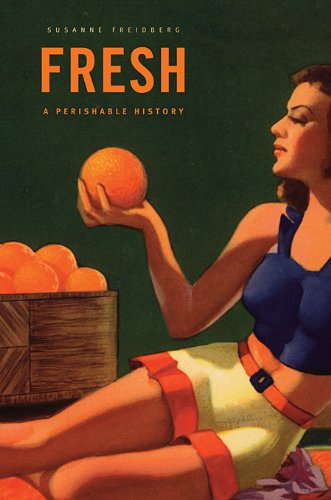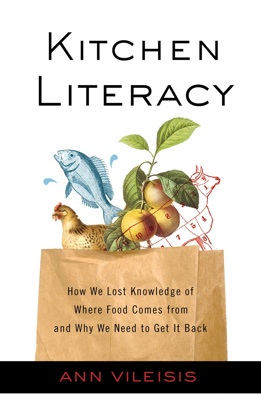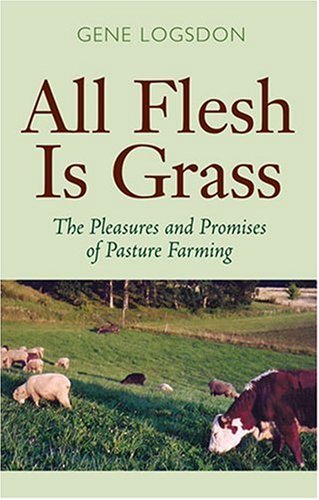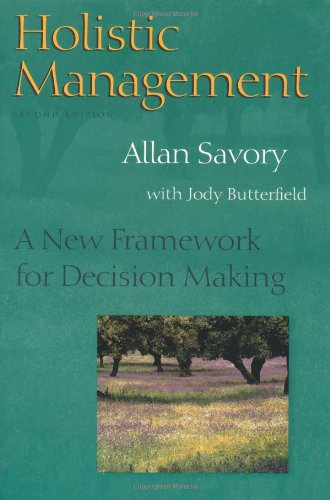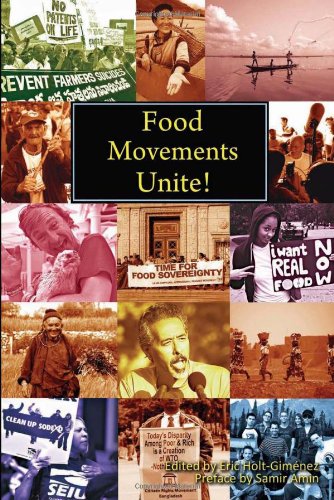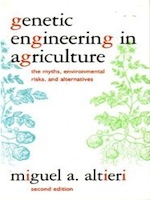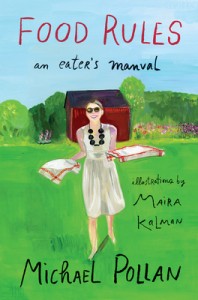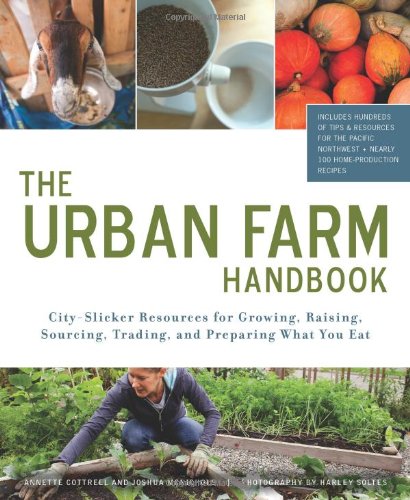Fresh: A Perishable History by Susanne Freidberg
That rosy tomato perched on your plate in December is at the end of a great journey—not just over land and sea, but across a vast and varied cultural history. This is the territory charted in Fresh. Opening the door of an ordinary refrigerator, it tells the curious story of the quality stored inside: freshness. We want fresh foods to keep us healthy, and to connect us to nature and community. We also want them convenient, pretty, and cheap. Fresh traces our paradoxical hunger to its roots in the rise of mass consumption, when freshness seemed both proof of and an antidote to progress.

